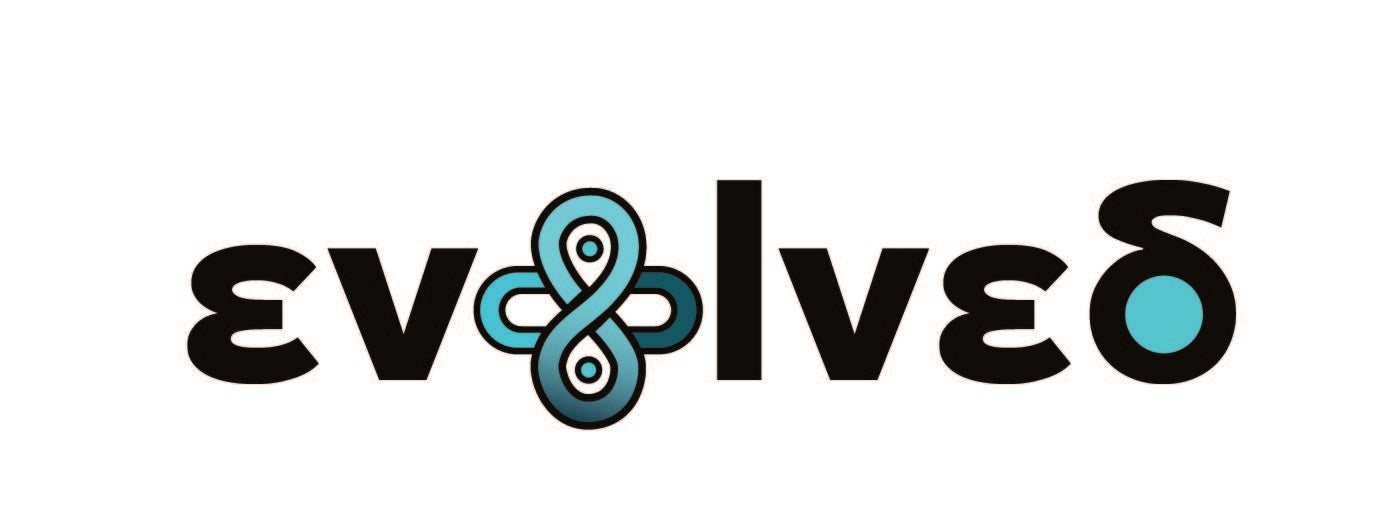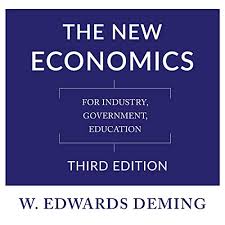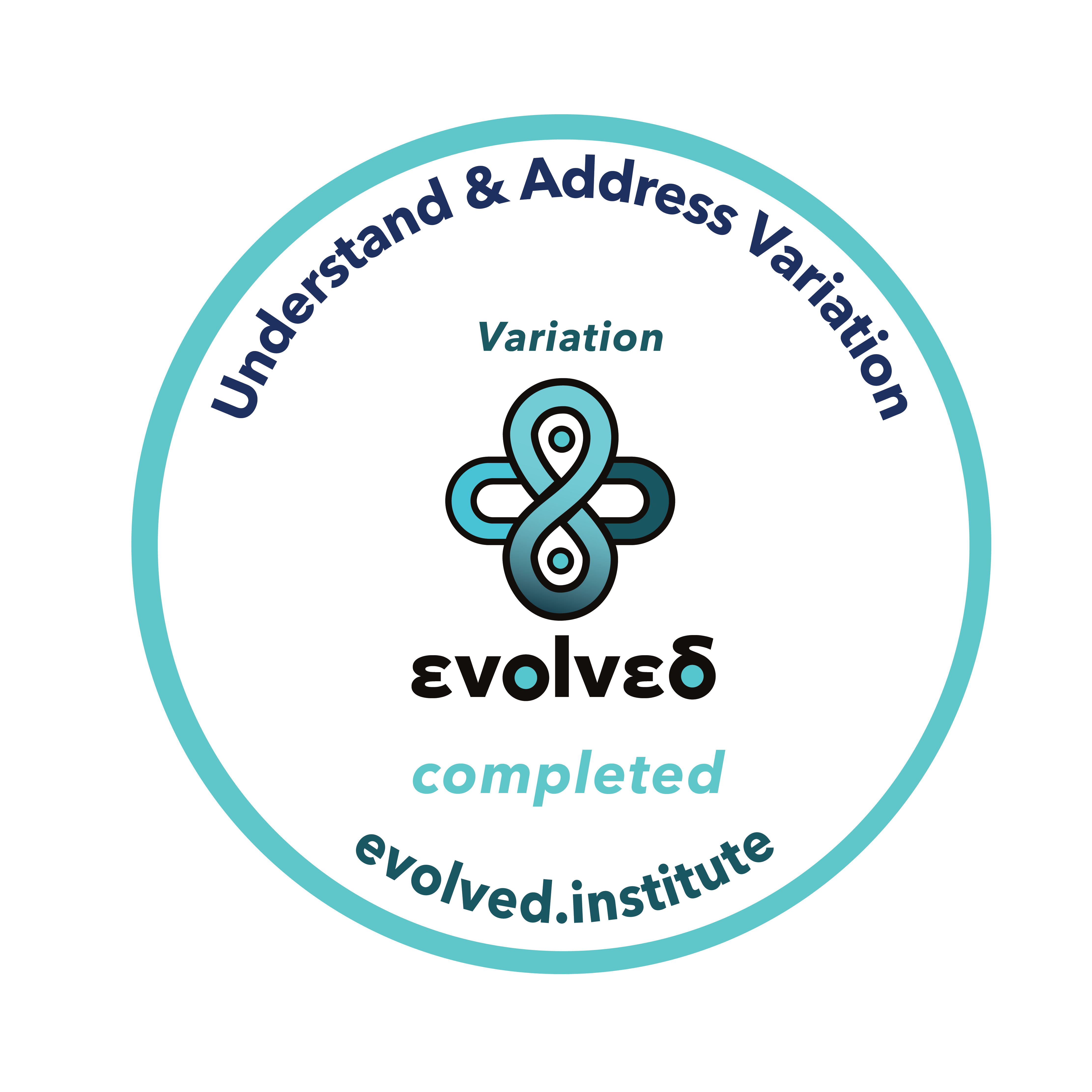The Deming System of Profound Knowledge® (SoPK) is the culmination of Dr. W. Edwards Deming’s lifelong efforts to define a comprehensive theory of management, which embraces his 14 Points for Management and acknowledges the Deadly Diseases he offered as symptoms of poor management.
As first articulated in the late 1980s and early 1990s, Dr. Deming’s System of Profound Knowledge provides a highly integrated framework of thought and action for any leader wishing to transform an organization operating under the prevailing system of management into a thriving, systemically focused organization. His book, The New Economics, presents a detailed explanation of his System of Profound Knowledge.
According to Dr. Deming, in the fourth chapter of The New Economics,
“The first step is the transformation of the individual. This transformation is discontinuous. It comes from the understanding of the system of profound knowledge. The transformed individual will perceive new meaning to his life, events, numbers, and interactions between people.”
Once the individual understands the system of profound knowledge, he will apply its principles in every kind of relationship with other people. He will have a basis for judgment of his decisions and for the transformation of the organizations he belongs to. The individual, once transformed, will:
- Set an example
- Be a good listener, but will not compromise
- Continually teach other people
- Help people to pull away from their current practice and beliefs and move into the new philosophy without a feeling of guilt about the past
Dr. Deming’s holistic approach to leadership and management ties together seminal theories in four interrelated areas: appreciation for a system, knowledge of variation, theory of knowledge, and psychology. The System of Profound Knowledge promotes transformation through an essential outside “lens,” which can benefit anyone and any organization. In chapter 4 of The New Economics, Dr. Deming adds,
"One need not be eminent in any part nor all four parts to understand it and apply it. The 14 points for management (Out of the Crisis, Ch. 2) in industry, education, and government follow naturally as application of this outside knowledge, for transformation from the present style of Western management to one of optimization."
This transformation includes:
–Providing a new, outside view.
–Transforming managers to leaders.
–Increasing quality, customer loyalty, worker satisfaction, and, ultimately, profitability
–Reducing costs by reducing waste, rework, staff attrition, and litigation.
–Removing fear and competition from the workplace and classroom.
–Realizing the power and pleasure derived from intrinsic motivation.
–Cultivating the value and results of cooperation and collaboration.
–Thinking in new ways and taking action based on confirmed knowledge.
–Understanding the importance of a better system for achieving better outcomes.
–Working towards continual improvement - individually and collectively.
–Supporting individuals and organizations through the first disruptive steps of transformation.
–Creating continued, lifelong learning opportunities to bring long-term meaning, satisfaction, and joy.
–Addressing different learning styles (generational) and cultivating the next generation of leaders.
Dr. Deming’s System of Profound Knowledge provides a distinctive map of theory for people in all organizations to continually improve, with the aim of everybody winning.
Optimize the Overall System, not the Individual Components.
Where There is Fear You Do Not Get Honest Figures



